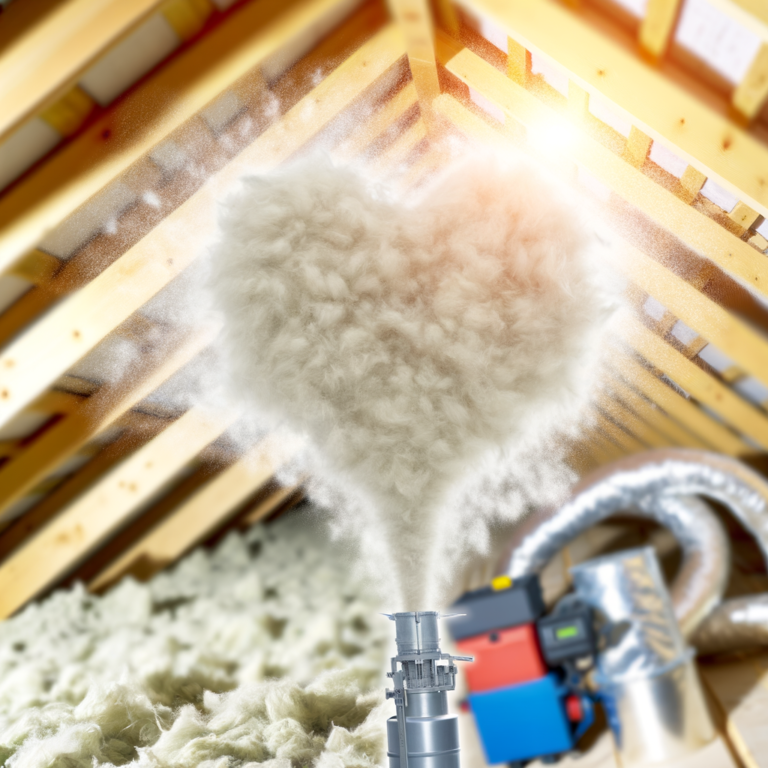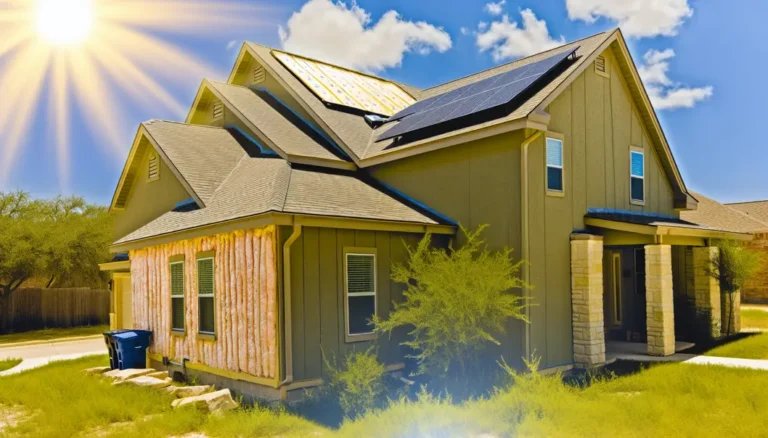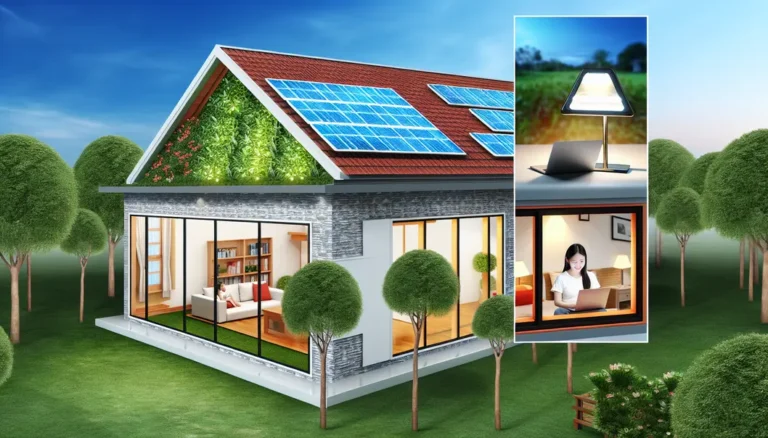The Complete Guide to Blown-In Insulation Installation – Maximize Energy Efficiency and Comfort
Table of Contents
- Introduction
- What is Blown-In Insulation?
- Benefits of Blown-In Insulation
- Step-by-Step Guide to Blown-In Insulation Installation
- FAQ about Blown-In Insulation
- Conclusion & Take Action
Introduction
When it comes to insulating your home for improved energy efficiency and comfort, blown-in insulation is a popular choice among homeowners. This innovative method not only helps in reducing energy bills but also enhances the overall comfort of your living space. In this comprehensive guide, we will explore how blown-in insulation is installed and how it can benefit your home.
What is Blown-In Insulation?
Blown-in insulation, also known as loose-fill insulation, is a type of insulation that is installed using a blowing machine. The insulation material, which can be fiberglass, cellulose, or mineral wool, is blown into the desired space, such as attics, walls, or floors. This method allows the insulation material to reach areas that are difficult to access with traditional insulation materials like batts or rolls.
Benefits of Blown-In Insulation
- Energy Efficiency: Blown-in insulation is highly effective in reducing heat loss and improving energy efficiency. It creates a thermal barrier that helps keep your home warm in the winter and cool in the summer, resulting in lower energy bills.
- Improved Comfort: By effectively sealing off air leaks and drafts, blown-in insulation helps maintain a consistent temperature throughout your home, ensuring greater comfort for you and your family.
- Quick Installation: Unlike traditional insulation methods that can be time-consuming, blown-in insulation can be installed quickly and efficiently, saving you both time and hassle.
Step-by-Step Guide to Blown-In Insulation Installation
1. Preparation
Before the installation process begins, it is essential to prepare the area where the blown-in insulation will be installed. This involves sealing any air leaks, cleaning the surface to remove any debris, and ensuring that there is no moisture present that could affect the insulation’s performance.
2. Insulation Material Selection
Once the area is prepped, the next step is to select the appropriate insulation material. Depending on your home’s specific needs and requirements, you can choose between fiberglass, cellulose, or mineral wool insulation. Each material has its unique benefits and properties, so it’s essential to consult with a professional to determine the best option for your home.
3. Blowing in the Insulation
Using a specialized blowing machine, the insulation material is fed into the machine, where it is broken down and blown into the desired space. The blowing machine ensures that the insulation material is evenly distributed, creating a seamless thermal barrier that effectively insulates your home.
4. Inspection and Finishing Touches
Once the insulation material has been blown into the designated area, it is essential to conduct a thorough inspection to ensure that the insulation is evenly distributed and that there are no gaps or areas that have been missed. Any remaining gaps or imperfections are sealed to ensure maximum effectiveness and energy efficiency.
FAQ about Blown-In Insulation
Q: How long does blown-in insulation last?
A: Blown-in insulation can last up to 20-30 years with proper maintenance and care. Regular inspections and upkeep can help maximize the lifespan of your insulation.
Q: Does blown-in insulation help with noise reduction?
A: Yes, blown-in insulation not only provides thermal insulation but also helps in reducing noise transmission. It can help create a quieter and more peaceful indoor environment by absorbing sound vibrations.
Conclusion & Take Action
Investing in blown-in insulation is a smart decision for any homeowner looking to improve energy efficiency, reduce costs, and enhance comfort within their home. If you’re ready to take the next step towards a more energy-efficient and comfortable living space, contact our team of experts today for a consultation.
🔥 Schedule your FREE blown-in insulation consultation now! Click here.




